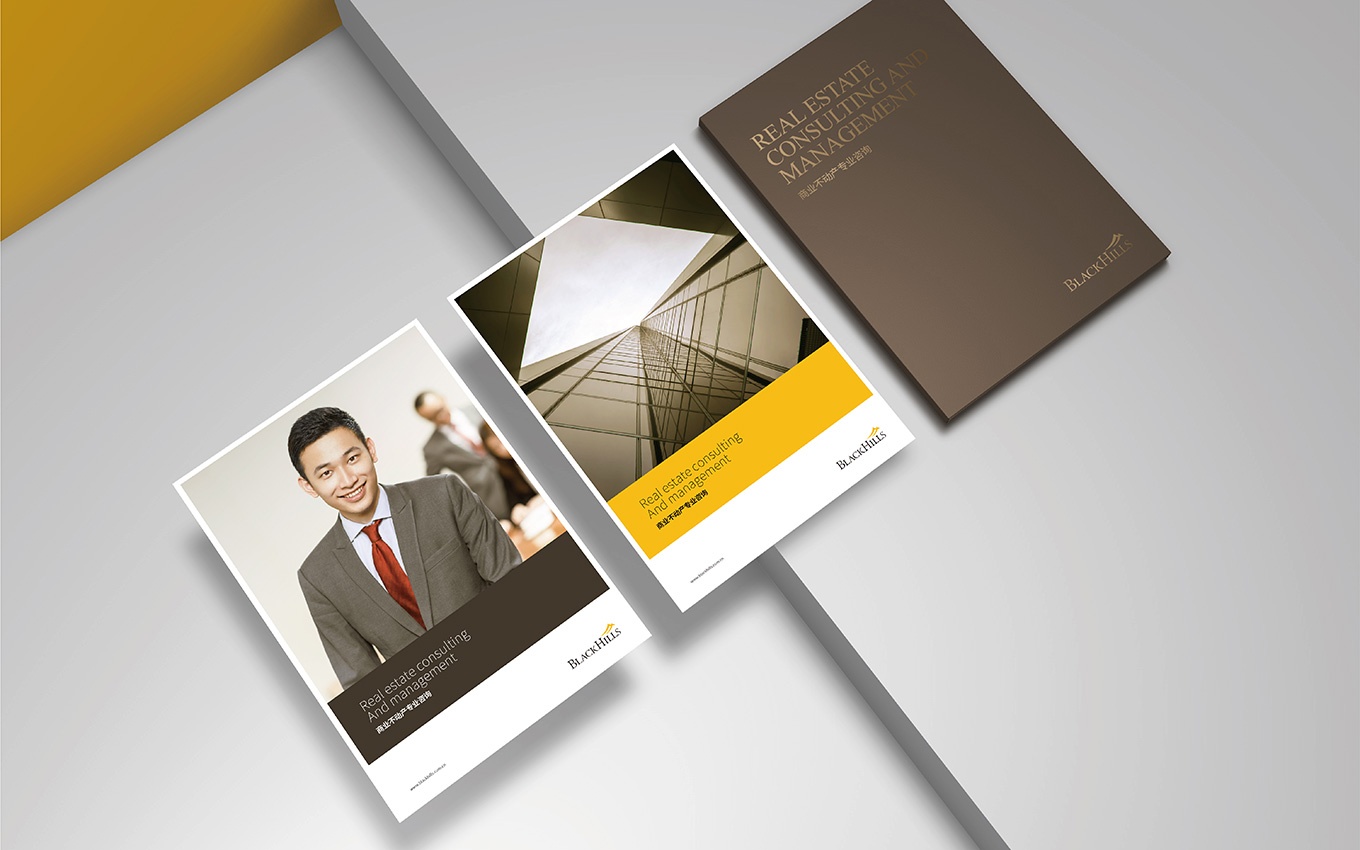環境保護行業是一個日益受到重視的領域,隨著全球對環境問題的關注度不斷提高,環保產業也逐漸走向成熟和發展。當前環保行業的發展趨勢主要體現在以下幾個方面:是綠色技術的廣泛應用。隨著科技的不斷進步,綠色技術正成為環保行業的重要推動力。包括太陽能、風能、生物能等清潔能源在內的技術不斷創新和應用,正在逐漸替代傳統的高耗能、高排放的產業,推動環保行業邁向更加健康、可持續的發展方向。
是政策支持與監管力度不斷加強。各國政府紛紛加大對環保行業的政策支持力度,推動企業加大環保投入,加強環保技術研發和應用。同時,環保監管力度也在不斷加強,打擊環境污染、資源浪費等行為,促進環保產業的規范發展。,社會公眾對環保問題的關注程度也在逐漸提升,逐漸形成了一種共識:保護環境、倡導綠色生活,已經成為大眾生活的一種追求和理念。

配圖為廣州vi設計公司作品
1. 環境保護VI設計要點:
VI設計是企業形象識別系統的重要組成部分,對于環保企業來說,VI設計更要體現出環保理念和責任感。以下是環境保護VI設計的要點:
2. 色彩選擇:
在環境保護VI設計中,色彩的選擇非常重要。綠色是環保的代表色彩,可以體現出清新、環保、可持續等理念。,藍色也是常用的環保色彩,代表天空和海洋的清澈。色彩的搭配要簡潔明了,避免使用過于鮮艷刺眼的顏色。
3. 圖形符號:
在環保VI設計中,圖形符號的運用可以更好地傳達企業的環保理念。比如綠色的樹木、清澈的水滴、可回收的箭頭等都是常見的環保圖形符號。這些圖形符號能夠直觀地呈現出環保企業的特點,增強品牌形象。
4. 字體設計:
字體設計也是環保VI設計中需要重視的部分。選擇清晰簡潔的字體,避免花哨復雜的字體,以確保文字信息的直觀傳達。字體的大小和間距要合適,使整體設計更加統一和美觀。,可以通過字體的設計來體現出環保企業的專業性和責任感。
1. Environmental protection design, often referred to as eco-design or sustainable design, is a crucial approach in modern product development and industrial practices. It encompasses a range of strategies aimed at minimizing environmental impact throughout the entire lifecycle of a product, from raw material extraction to disposal.
2. One significant value of environmental protection design lies in its potential to enhance the overall quality and competitiveness of products. By integrating eco-friendly materials, optimizing manufacturing processes to reduce waste and energy consumption, and considering end-of-life scenarios for recycling or disposal, companies can create products that not only meet regulatory standards but also resonate with environmentally conscious consumers. Such products often command a premium price and enjoy stronger brand loyalty, driving revenue growth and market expansion.
3. Furthermore, environmental protection design contributes to long-term sustainability by mitigating resource depletion and environmental degradation. By adopting principles such as material efficiency, renewable energy utilization, and pollution prevention, industries can minimize their ecological footprint and conserve natural resources for future generations. This proactive approach not only aligns with corporate social responsibility but also fosters a positive reputation and fosters stakeholder trust, which is increasingly important in today's socially conscious market.
4. Lastly, environmental protection design fosters innovation and technological advancement within industries. The necessity to meet stringent environmental standards and consumer demands for greener products encourages companies to invest in research and development of eco-friendly technologies and practices. This, in turn, drives technological innovation, leading to the creation of more efficient processes, novel materials, and breakthrough solutions. Moreover, the adoption of environmental protection design often stimulates collaboration and knowledge-sharing among industry players, spurring collective efforts towards sustainable development and fostering a culture of continuous improvement.

業務咨詢 付小姐

業務咨詢 張小姐

總監微信咨詢 付小姐